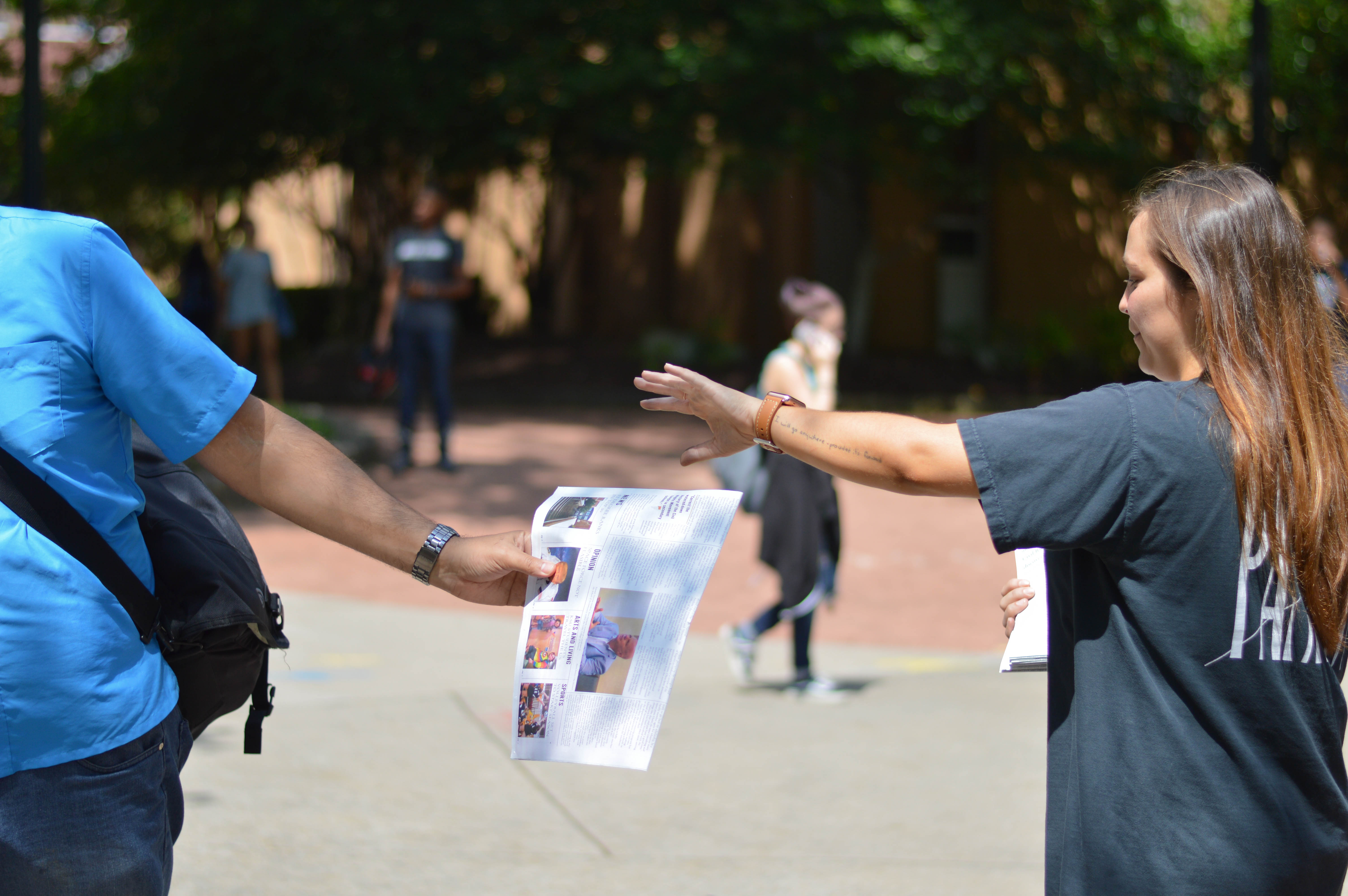Although students are often eager to get a message out to the world, they rarely take advantage of news outlets willing to get their story out. If there is something that needs to be said, giving the information to a journalist is a good way to ensure that people will become aware of the issue. By submitting letters to the editor, students can take advantage of an underutilized platform to share their opinions.
Many larger newspaper outlets have sections just for letters to the editor such as the New York Times, where letters rose in popularity after the 2016 election. This section lets readers give their opinions on articles, recent events and the outlet as a whole.
“Writing letters is definitely one of the most effective ways that an ordinary person can have an impact on public opinion, not to mention on the attitudes of journalists themselves,” MercatorNet Writer William West said.
Letters to the editor allow for perspectives to be introduced, challenged and maybe even changed. When writing a letter, there is a different view from readers that is not found within regular articles. Unlike journalists who purposefully write without bias, letters from the editor come from regular citizens who are allowed to be more opinionated.
If published, these letters can reach a diverse audience and encourage others to become more engaged with news outlets. According to a study by Alloy Media and Marketing, 76 percent of students had read their school’s newspaper in the past 30 days.
College students do not have many ways to get messages out to the public, but journalism can provide a powerful tool. However, this resource is often underutilized by students. Through different methods and means, journalists have exposed truths and changed the world for the better.
Aside from distributing a message to the audience, letters to the editor can serve as a good way to give feedback to the platform. News outlets are always looking for ways to evolve and engage readers, and there is no better way to do that than by directly giving constructive criticism to the outlet. Letters can have an effect on what sort of topics are highlighted and covered. This is beneficial as readers receive a more enjoyable reading experience and a potential for a wider audience appeal.
Similarly to letters, speaking to journalists and giving quotes for stories can give a point of view that journalists cannot do alone. According to Communiqué PR, quotes not only help readers gain a more concrete view of the story, but they also give more credibility to reporters. There is only so much that a detached description of events can do to convey a message. Quotes, on the other hand, can be passionate and personal. A simple quote can bring a story to life.
Everyone has a voice and something to say, but not everyone goes out of their way to share their message. One must find a way to share that message with readers, and there are various ways to do so. Students should take advantage of the journalistic resources available in order to reach an audience with their message.



